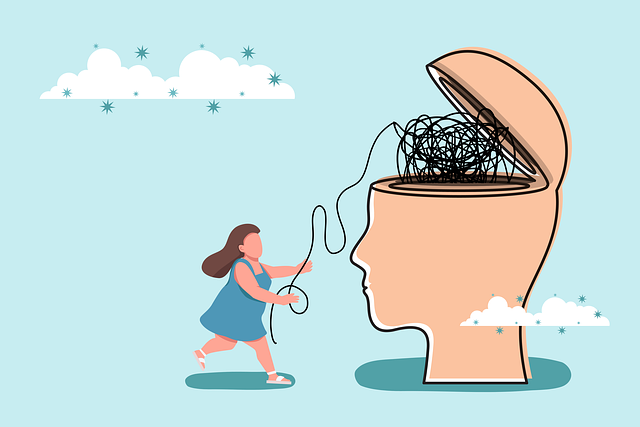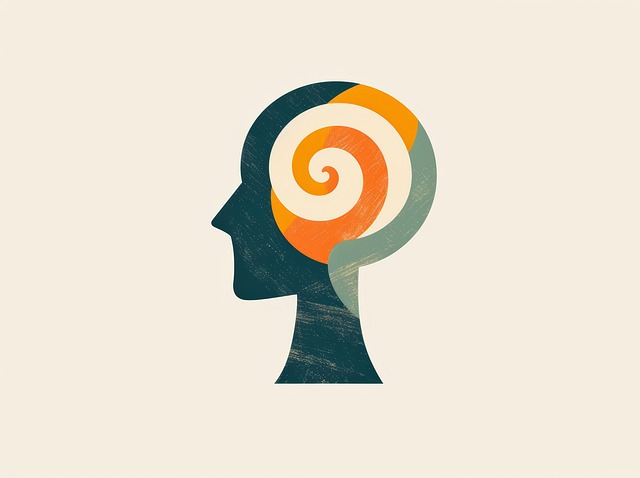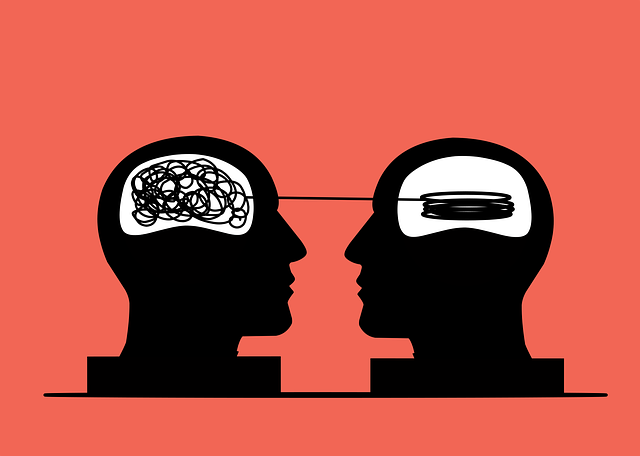Emotional Intelligence (EQ) is crucial for successful adoption and family building, with Broomfield International Adoptions Therapy focusing on its development as a cornerstone of mental health. They offer evidence-based practices like social skills training, self-reflection exercises, mindfulness techniques, and CBT to improve EQ, communication, empathy, and conflict resolution skills. By fostering emotional awareness through resources like their Mental Wellness Podcast Series, Broomfield enables individuals, families, and caregivers to navigate challenges with resilience, manage mental health stigma, and enhance overall well-being.
Emotional intelligence (EI) is a powerful tool for personal and interpersonal growth, as highlighted by the renowned Broomfield International Adoptions Therapy. This article explores the foundations of EI, drawing insights from this therapeutic approach. We’ll uncover key components essential to building emotional intelligence and provide practical strategies to enhance it in daily life. By implementing these techniques, individuals can navigate relationships more effectively, foster better understanding, and improve overall well-being.
- Understanding Emotional Intelligence: The Foundation of Broomfield International Adoptions Therapy
- Key Components of Building Emotional Intelligence
- Practical Strategies for Enhancing Emotional Intelligence in Daily Life
Understanding Emotional Intelligence: The Foundation of Broomfield International Adoptions Therapy

Emotional intelligence (EQ) is a cornerstone of human interaction and well-being, underpinning successful relationships and mental health. At Broomfield International Adoptions Therapy, we recognize that understanding EQ is essential for fostering positive connections, especially within the context of adoption and family building. Our approach draws from the foundational principles of Broomfield International Adoptions Therapy, which emphasizes the profound impact of emotional awareness on individual growth and societal progress.
Through our therapeutic practices, we aim to enhance EQ, not just for individuals but also for families and caregivers. This involves addressing mental health concerns, particularly stigma associated with mental illness, by promoting understanding and empathy. Additionally, our programs incorporate social skills training, a key component in developing emotional intelligence, thereby enabling better risk management planning for mental health professionals and the communities they serve.
Key Components of Building Emotional Intelligence

Building emotional intelligence (EI) is a multifaceted process that involves recognizing and understanding one’s own emotions, as well as those of others. It encompasses several key components, each playing a crucial role in fostering healthier relationships and enhancing mental wellness. One such vital component is resilience building, which equips individuals with the ability to navigate through life’s challenges with grace and adaptability. This resilience is nurtured through techniques aimed at strengthening emotional well-being promotion, enabling people to bounce back from setbacks and approach difficult situations with clarity and composure.
The Broomfield International Adoptions Therapy highlights these dynamics in their therapy practices, utilizing evidence-based methods to help clients develop a deeper awareness of their emotions and those around them. Through their Mental Wellness Podcast Series Production, they offer valuable insights and practical strategies for cultivating emotional intelligence. By engaging with these resources, individuals can learn effective emotional well-being promotion techniques, ultimately improving their communication, empathy, and conflict resolution skills—all hallmarks of a truly emotionally intelligent person.
Practical Strategies for Enhancing Emotional Intelligence in Daily Life

Emotional intelligence building requires a concerted effort to recognize and manage one’s own emotions, as well as understand and empathize with others’ feelings. Practical strategies for enhancing emotional intelligence in daily life include regular self-reflection, where individuals take time to assess their emotional responses and identify areas for improvement. Techniques like mindfulness meditation, journaling, and engaging in active listening can significantly aid in this process. These practices not only foster better emotional regulation but also improve communication strategies, making interactions more meaningful and productive.
For those seeking deeper support, Broomfield International Adoptions Therapy offers specialized services tailored to mental health professionals. Through evidence-based approaches such as cognitive-behavioral therapy (CBT) and risk management planning, individuals can learn effective coping mechanisms to navigate life’s challenges. By integrating these strategies into their daily routines, one can enhance emotional intelligence, leading to improved relationships, better decision-making, and overall well-being.
Emotional intelligence, as highlighted by the principles of Broomfield International Adoptions Therapy, is a vital tool for fostering meaningful connections and enhancing well-being. By understanding and mastering its key components, individuals can significantly improve their relationships and overall happiness. Implementing practical strategies discussed in this article will enable one to navigate life’s challenges with greater empathy and emotional agility, ultimately enriching their personal and professional journeys.














